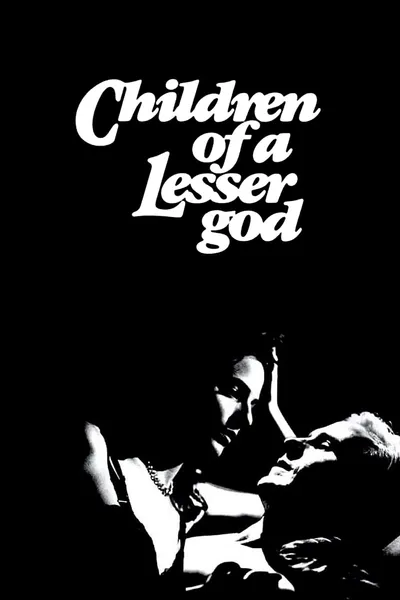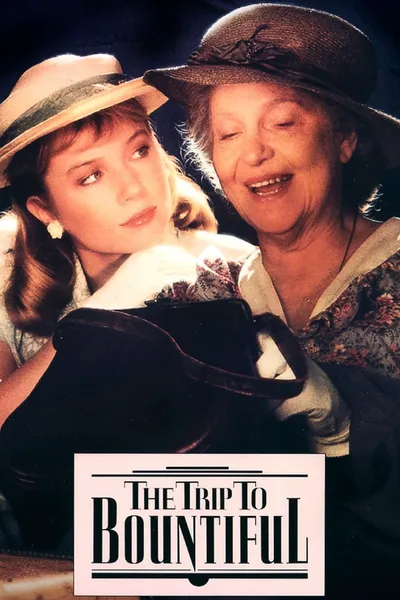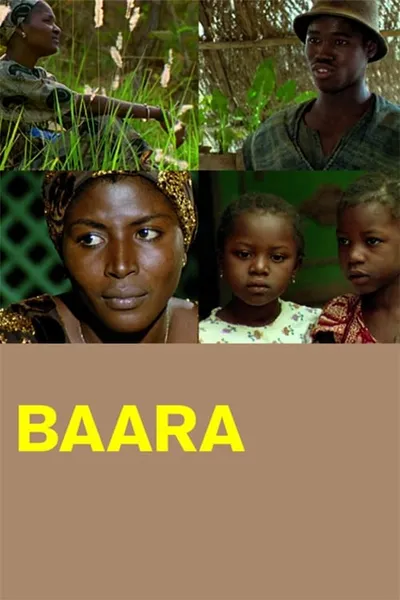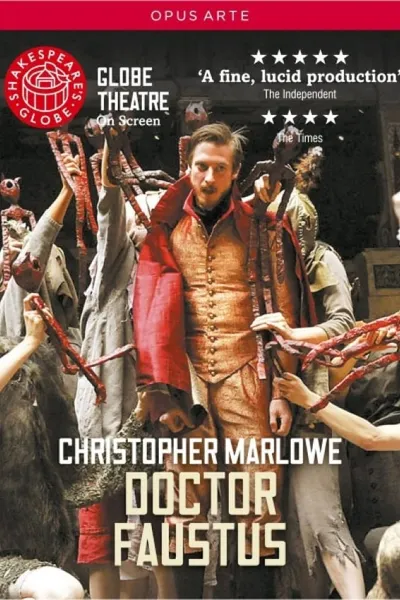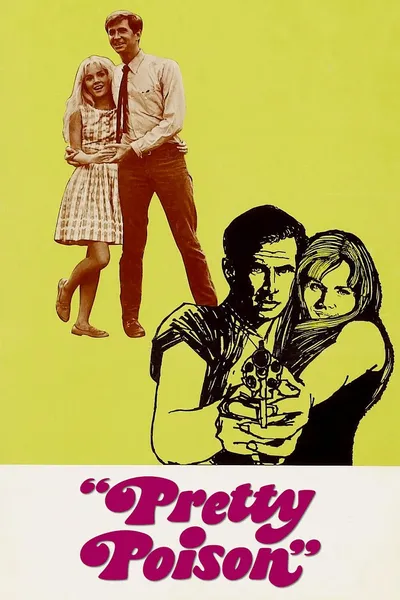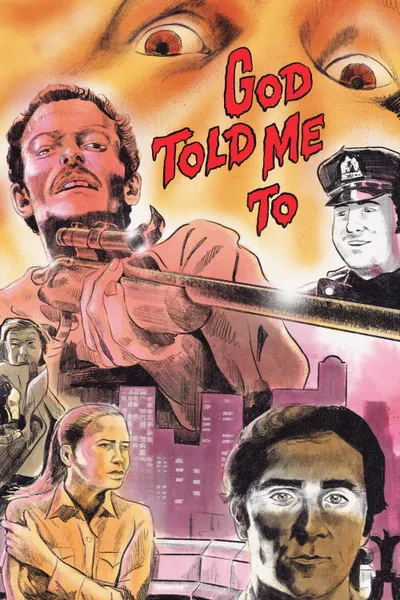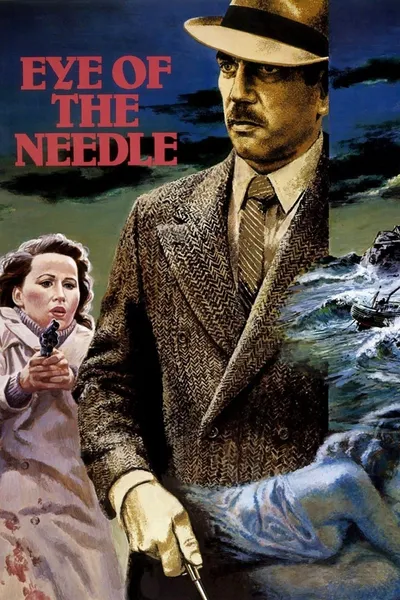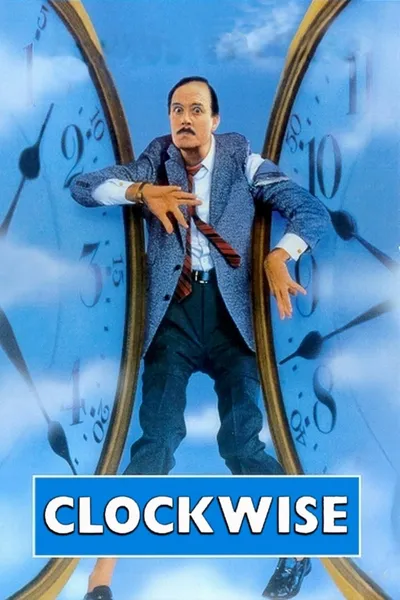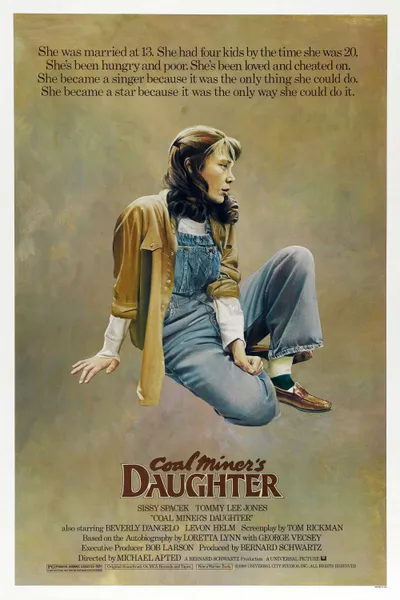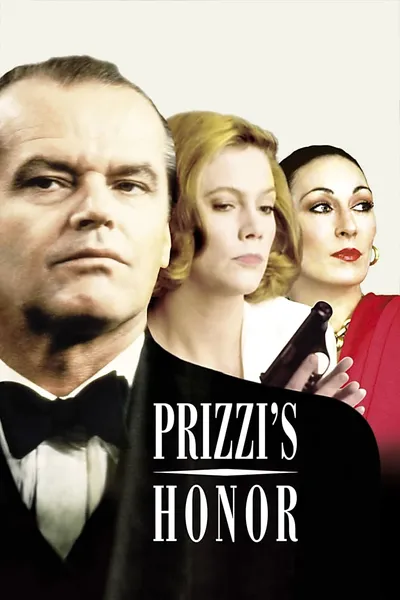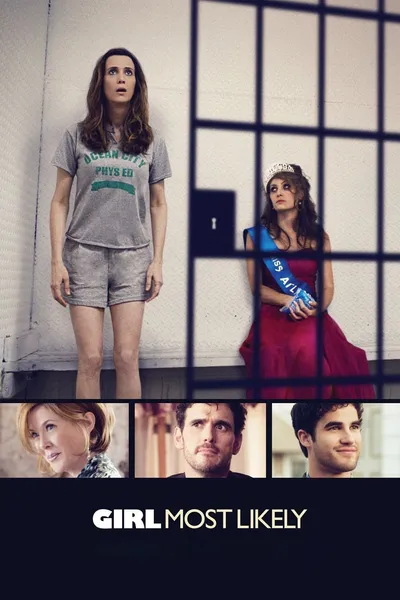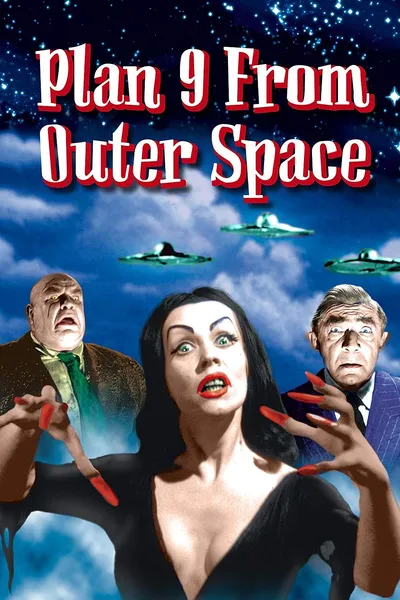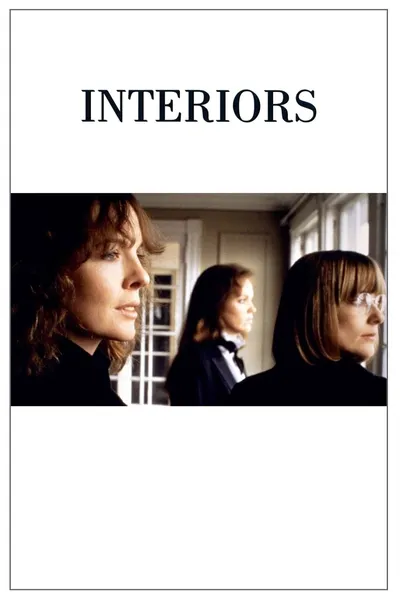Reviews


Wuchak
February 10, 20197.0
***A school for the deaf on a Maine island with William Hurt and Marlee Matlin***
A teacher (William Hurt) moves to coastal Maine to work at a school for the deaf on an island where he becomes interested in a striking, but disturbed janitor (Marlee Matlin), who was once a student there.
"Children of a Lesser God" (1986) is part celestial and mundane; beautiful and profane. Thankfully there’s more beauty. The Northeast coastal locations are wonderful and Hurt makes for a worthy protagonist while expertly pulling off a difficult role. Marlee Matlin is an exquisite revelation without which the movie would’ve failed.
Everything builds to a stunning dramatic scene in the second half, which is expertly executed. Unfortunately, the couple hooks-up a little prematurely. More time should’ve been spent with the journey to consummation. Nonetheless, there are great moments here.
The film runs 1 hour, 59 minutes and was shot in New Brunswick, Canada (Rothesay, Saint John & Beaver Harbour).
GRADE: B

CinemaSerf
April 11, 20246.0
Acclaimed teacher "James" (William Hurt) arrives at a school for the deaf where his very "hands on" techniques rather shake the established order of superintendent "Franklin" (Philip Bosco). His pupils make good progress, though, as his methods start to encourage them to speak more and act with much more confidence amidst each other and amongst the talking community at large. Soon they playing a bit of second fiddle to the enigmatic "Sarah" (Marlee Matlin). She's now the school caretaker and has a reputation as a bit stand-offish and temperamental, but it turns out that she, too, is deaf and that she has also been in this establishment for over twenty years. Most people around the place just put up with her, but he determines to try to get to the bottom of her obvious frustrations and see if he can't help her deal with them. Initially a job of work for the man, this soon becomes something more visceral and intimate for both - and that tests the mettle of just about everyone. It's probably a testament to Matlee's strong and characterful performance here that I just didn't take to "Sarah" at all. I found the character - whatever her background, an angry and somewhat obnoxious creature who offered little for me to feel sympathetic towards. Not in a woe-is-me type of sympathy, just in a general sense of there ever being a likeable person under all the baggage. Their frequent rows and tantrums come across as increasingly contrived and by the end I thought the writing was on the wall for the pair as far as the plot was concerned and I didn't really care whether she spoke or didn't. I do think that shows her skill as an actress, and to an extent William Hurt's as a foil, but somehow this film resonated far more for what it meant politically and sensually at the time as a pice of profound innovation than it did dramatically on screen..
Recommendation Movies
An American Ghost Story2012
Otello1986
Operation Delta Force 3: Clear Target1998
The Trip to Bountiful1985
Work1978
Doctor Faustus - Live at Shakespeare's Globe2012
Pretty Poison1968
God Told Me To1976
The Girl Who Knew Too Much1963
Dirty 302016
The Telephone Box1972
Eye of the Needle1981
Clockwise1986
Coal Miner's Daughter1980
Prizzi's Honor1985
Tokyo Sonata2008
Stratton2017
Girl Most Likely2012
Plan 9 from Outer Space1959
Interiors1978
© 2024 MoovieTime. All rights reserved.Made with Nuxt
